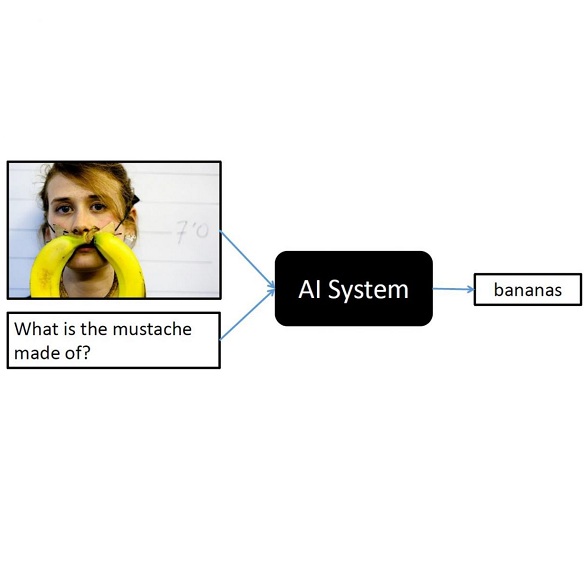Visual question answering (VQA) is crucial for promoting surgical education. In practice, the needs of trainees are constantly evolving, such as learning more surgical types, adapting to different robots, and learning new surgical instruments and techniques for various surgeries. However, patient data privacy often restricts the availability of old data when updating the model, necessitating an exemplar-free continual learning (CL) setup. Prior CL studies overlooked two vital problems in the surgical domain: 1) large domain shifts from diverse surgical operations collected from multiple sources, and 2) severe data imbalance arising from the uneven presence of surgical instruments or activities. This paper proposes addressing these problems with a multimodal large language model (LLM) and an adaptive weight assignment methodology. We first develop a new multi-teacher CL framework that leverages a multimodal LLM as the additional teacher. The strong generalization ability of the LLM can bridge the knowledge gap when domain shifts and data imbalances occur. We then put forth a novel data processing method that transforms complex LLM embeddings into logits compatible with our CL framework. We further design an adaptive weight assignment approach that balances the generalization ability of the LLM and the domain expertise of the old CL model. Finally, to comprehensively test the effectiveness of our proposed method, we have also constructed two new surgical VQA datasets that are largely different from existing ones and could be valuable resources for future research. Extensive experimental results on the tested datasets demonstrate the superiority of our method to other advanced CL schemes.
翻译:暂无翻译




